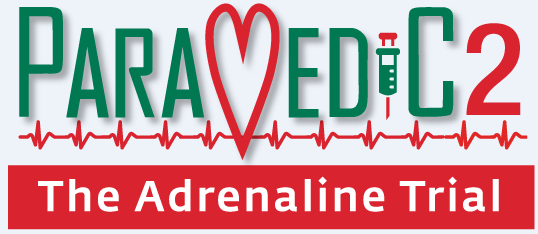About Cardiac Arrest
A cardiac arrest occurs when the heart suddenly stops beating, and is one of the most severe medical emergencies.
A cardiac arrest is different from a heart attack, where the heart is damaged but does not necessarily stop beating.
Survival rates are very low. Each year in the UK around 30,000 people are treated for a cardiac arrest outside of hospital, but sadly only around 1 in 10 people survive to return home.
How is cardiac arrest treated?
The immediate treatment for a cardiac arrest is CPR (cardiopulmonary resuscitation); this is a combination of rescue breathing and chest compressions.
Prompt and effective CPR is essential to prevent damage to vital organs, and increases the chance of survival. In addition to CPR other advanced treatments are given such as defibrillation (electrical shocks) and oxygen.
If initial treatments do not work, some people are given a hormone called adrenaline. Adrenaline can help to temporarily restart the heart, but doctors, nurses, paramedics and researchers are worried that adrenaline may actually damage the heart and brain, making it less likely that a patient will survive to return home from hospital.
What does adrenaline do?
Adrenaline works by increasing the blood supply to the heart, which makes it more likely that the heart will start beating again. However, there are side effects of adrenaline treatment for cardiac arrest.
What are the side effects of adrenaline?
With adrenaline, the heart may be overstimulated so it pumps inefficiently, reducing blood flow to the brain. This increases the risk of death over subsequent hours and days leading to lower overall survival, and increasing the risk of survivors having serious brain damage.
What to do if you suspect someone is having a cardiac arrest
The image below shows the chain of survivial. The key treatments proven to improve the number of people surviving are:




